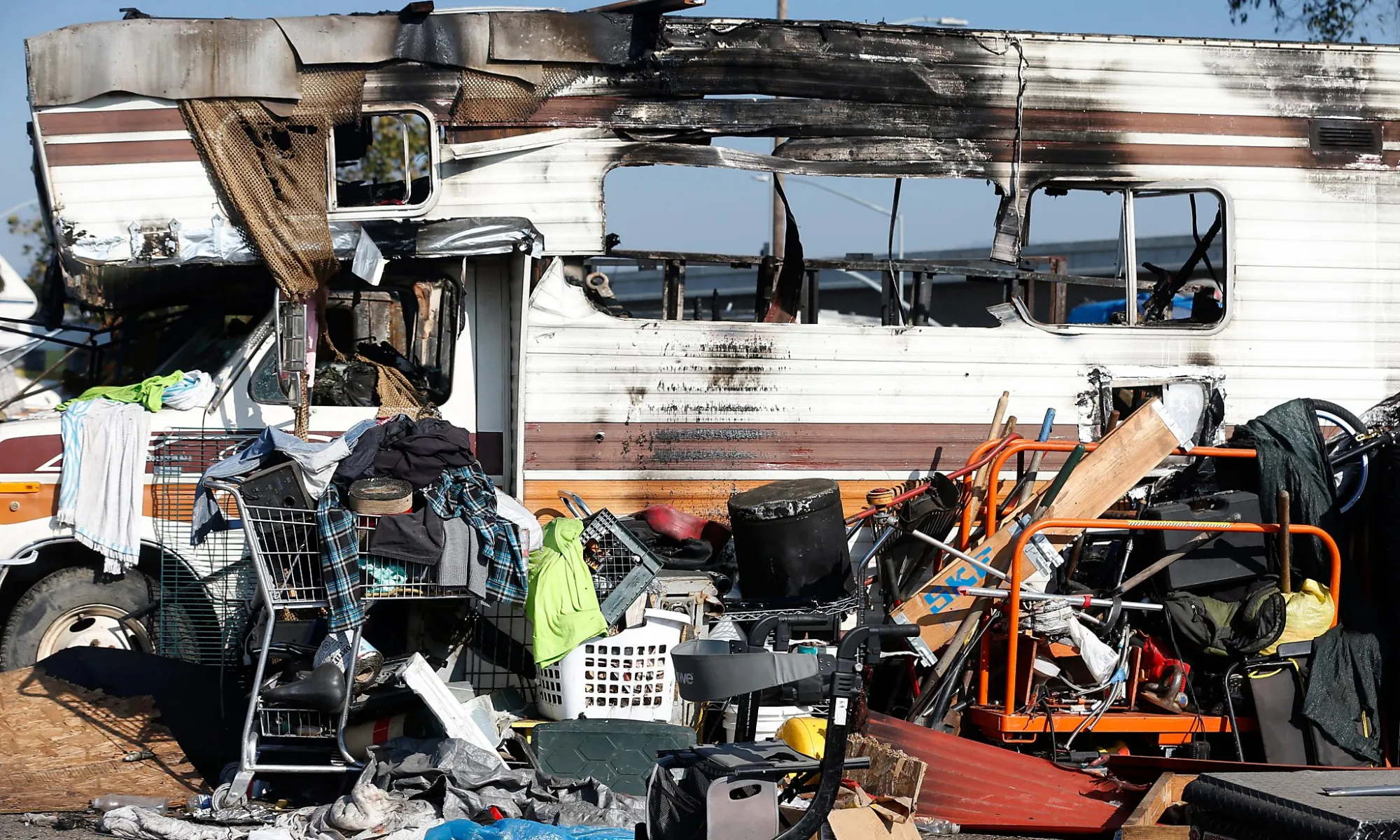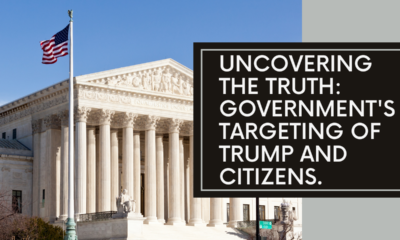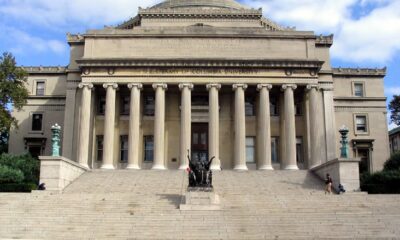Accountability
Berkeley removes 75 tons of garbage from homeless camps

Berkeley, California, has removed more than 75 tons of garbage, human waste, and drug paraphernalia from homeless camps since September, according to the city’s latest budget proposal.
The 2023-2024 budget describes the work of Berkeley’s Homeless Response Team, which it says “performed at least weekly garbage collection and debris removal from encampments across the City, removing over 151,000 pounds of trash between September 2021 and March 2022.”
Homelessness increased in the city in 2021 amid the Covid-19 lockdown. The budget also said that homeless shelters were “still operating at reduced capacity due to COVID, and a legal landscape that has limited the city’s ability to intervene.”
It’s estimated there are 535 homeless people living in on the streets of Berkeley. Based on the city’s budget, that would amount to 500 pounds of garbage per person.
“The evidence comes just a few weeks after the release of data showing that homeless people in Los Angeles are three times more likely to die than homeless people in New York because most of the homeless in L.A. are unsheltered. How many more must die before California governor Gavin Newsom and the Democratic mayors of California’s cities act?” Shellenberger added.
Last year, Newsom proclaimed that California would welcome the homeless of the world during a campaign stop to ward off his eventual recall election, which he won.
“I’m proud of people from around the world looking at California again for opportunity, and that, again, that should not just be for certain people,” he said. “All people should aspire to that California dream regardless of their income level and regarding their lot in life.”
Berkeley’s Homeless Response Team began its activities in September 2021 after more than a year of neglect in the city’s homeless camps. During that time, the group has shut down more than a dozen homeless camps that they deemed unsafe.
In the budget, the group’s actions saw them: “Resolving conditions that included raw sewage and human waste, loose and scattered syringes and drug paraphernalia, rodents and other vector hazards, rotting food, and obstruction of sidewalks and vehicular lanes of traffic.”
Terry A. Hurlbut has been a student of politics, philosophy, and science for more than 35 years. He is a graduate of Yale College and has served as a physician-level laboratory administrator in a 250-bed community hospital. He also is a serious student of the Bible, is conversant in its two primary original languages, and has followed the creation-science movement closely since 1993.
-

 Education2 days ago
Education2 days agoCHAPTER 13: Fomenting Race Wars Begins in Kindergarten
Space Is No Longer the Final Frontier—Reality Is [forthcoming release May 2024] -

 Civilization4 days ago
Civilization4 days agoAntisemitism – and misguided legislation
-

 Executive1 day ago
Executive1 day agoCHAPTER 14: Changing Hearts and Minds
Space Is No Longer the Final Frontier—Reality Is [forthcoming release May 2024] -

 Guest Columns1 day ago
Guest Columns1 day agoWhen Artificial Intelligence Tells You What A “Useful Idiot” In The Mainstream Media Cannot — The Truth
-

 Executive18 hours ago
Executive18 hours agoTrump is not a paranoiac after all
-

 Civilization5 days ago
Civilization5 days agoUkraine as proxy for war with Russia
-

 Executive3 days ago
Executive3 days agoCensorship Industrial Complex redux
-

 Education5 days ago
Education5 days agoFive Ways Campus Turmoil Hurts Democrats and America


